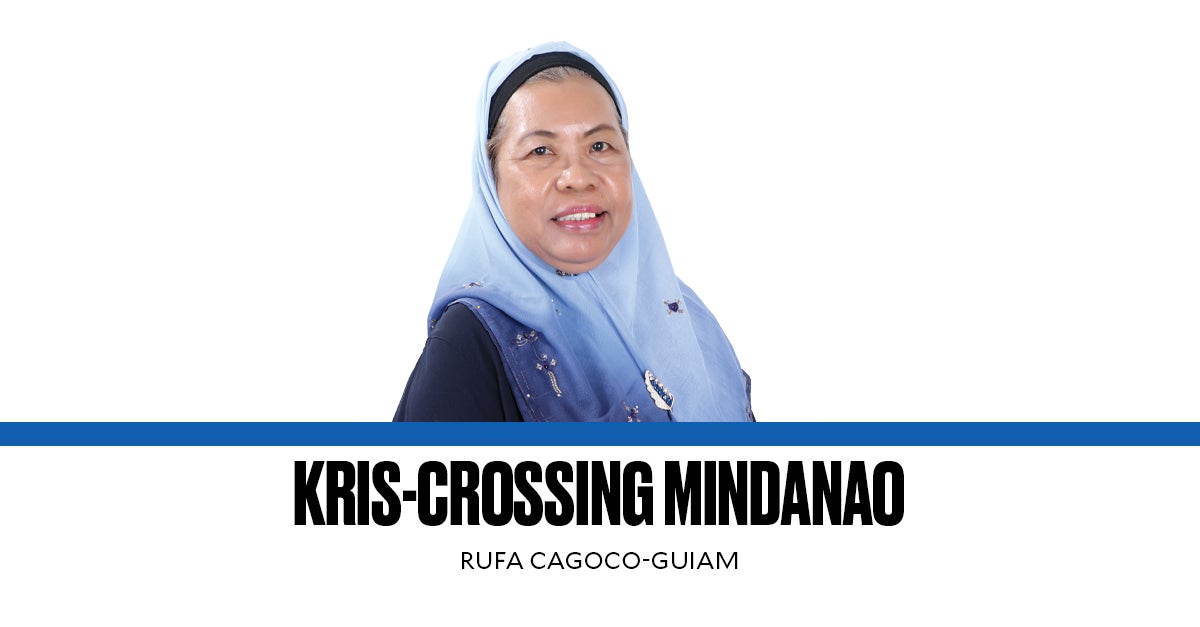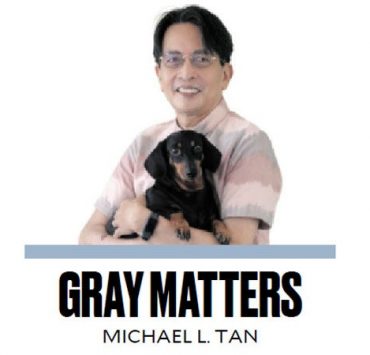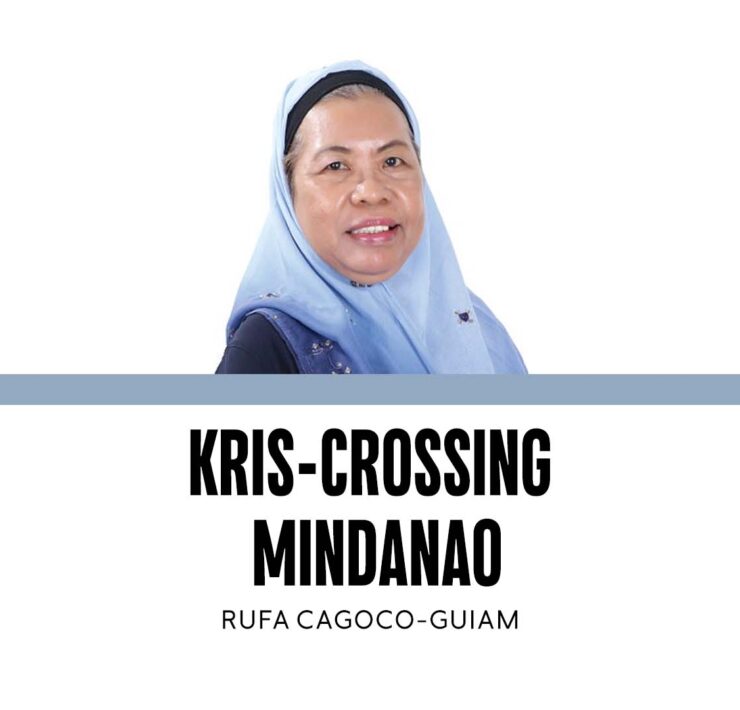On the ‘miseducation’ of Filipino voters

General Santos City—In 1998, my family and I migrated to become residents of this “sunbathed” city, with daily temperatures of 35 to 40 degrees Celsius or even higher on a typical day, even during the expected rainy season. We were registered Cotabato City voters then.
Mainly, we migrated out of Cotabato City to evade the political dynamics that I found myself part of, even if I had already decided early on not to indulge in running for a local electoral post. As editor in chief of one of the country’s longest-running community tabloids, The Mindanao Cross, from 1990 to 1995, I had to deal with local politicians daily. Most of my interactions with them ranged from being “friendly” (meaning civil, even if you don’t like their brand of politics) to adversarial, as many of them became the subjects of my editorials and opinion columns.
At one time, two mayoral candidates invited me to run for the city council. I declined. As an active media practitioner then, I saw myself fulfilling the age-old ideal of journalists—to “comfort the afflicted and to afflict the comfortable.” I also hated the possibility of being followed by former colleagues in the local fourth estate, who would be interviewing me, had I decided to follow what my politician friends wanted me to become. Moreover, I have seen how politicians engage in dirty tricks to get elected—this has made me squirm in my seat every time I hear a former colleague who has crossed the line from reporting the news to becoming the subject of other journalists’ reports.
It is often said that one must join a notorious “band” to lick it. But the opposite has been true in what I have witnessed in the last five decades since I started voting. Those who used to have high levels of integrity in their respective professions have become the exact opposite of what they used to decry before they became local politicians. Some journalists who decided to join local or national politics have also become the dragons they used to slay in their past lives as members of the fourth estate.
Why is the entire Philippine electoral system hounded by intersecting and enabling factors that bring about a popular disregard—even distortion—of making elections free of controversy, as it should be in an avowed democracy? Free, clean, honest, and peaceful elections are the hallmarks of a functional democracy that we claim we have.
But we have only seen the opposite of these features happening in many parts of the country, especially in a region that has seen so much armed violence because of its highly checkered violence-marred electoral history.
Earlier yesterday morning, as mainstream media platforms reported on their round-the-clock coverage of this year’s midterm elections, one station reported on the demographic profiles of the Filipino voter. Those who belong to Class ABC (elites, professionals, highly educated, academics, and the like) are about 5 million, in contrast to Class D (skilled workers, daily wage earners, small and micro-entrepreneurs, farmers, etc.) who compose a whopping 56 million plus. Class E consists of those in the “marginalized,” unserved, or underserved sectors, occupying what in Tagalog is referred to as the ”masa” or those in the “laylayan.” They include residents of poverty-stricken urban enclaves of slum dwellers, geographically isolated and depressed areas, and mountainous and island communities as well. Class E was reported to have almost 5 million voters. Combining Class D and E gives you an astounding number of more than 61 million voters, in contrast to Class ABC’s less than 5 million.
Thus, to get elected to either national or local political positions, one must get the votes of Classes D and E, since they constitute the majority voting population.
This is where educating the massive number of voters in Classes D and E plays a crucial role in swaying the votes for those who are most qualified and experienced to be leaders and legislators and to run local and national bureaucracies.
However, we see that most education initiatives for voters are taking place on informal platforms, which are prone to peddling fake news and other disinformation tactics that contesting political groups take as their main strategy to be elected.
But perhaps the worst thing that has enabled this kind of popular, but highly questionable form of voter education is the highly commercialized nature of electoral exercises. This includes multiple exposures to television ads and ubiquitous, huge billboards. These are only accessible to moneyed candidates, many of whom are the least qualified to become local and national legislators.
(To be concluded next week)


















